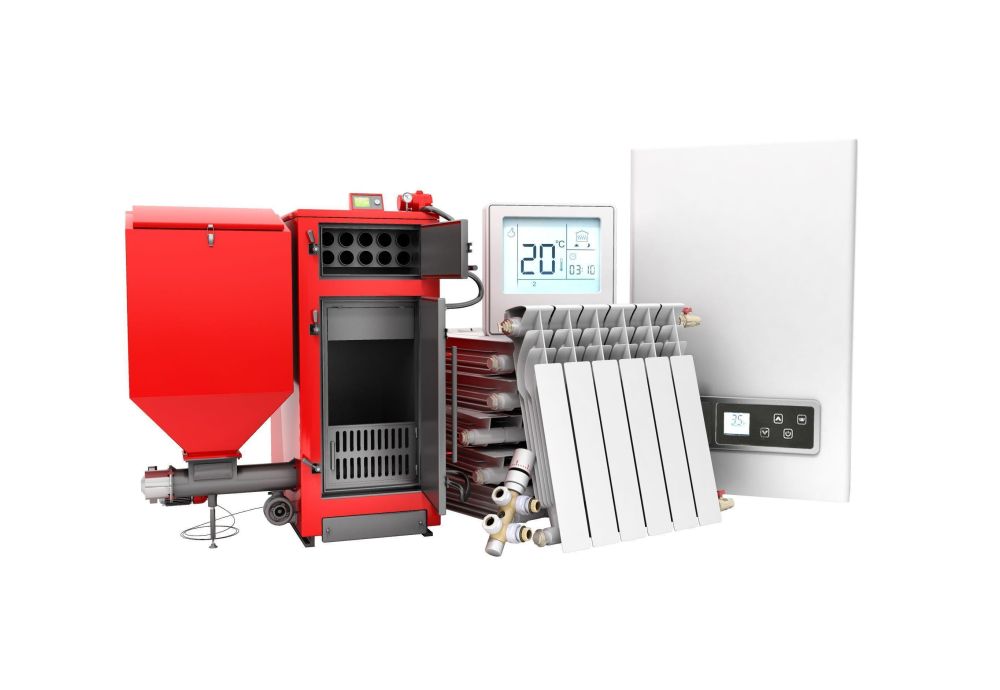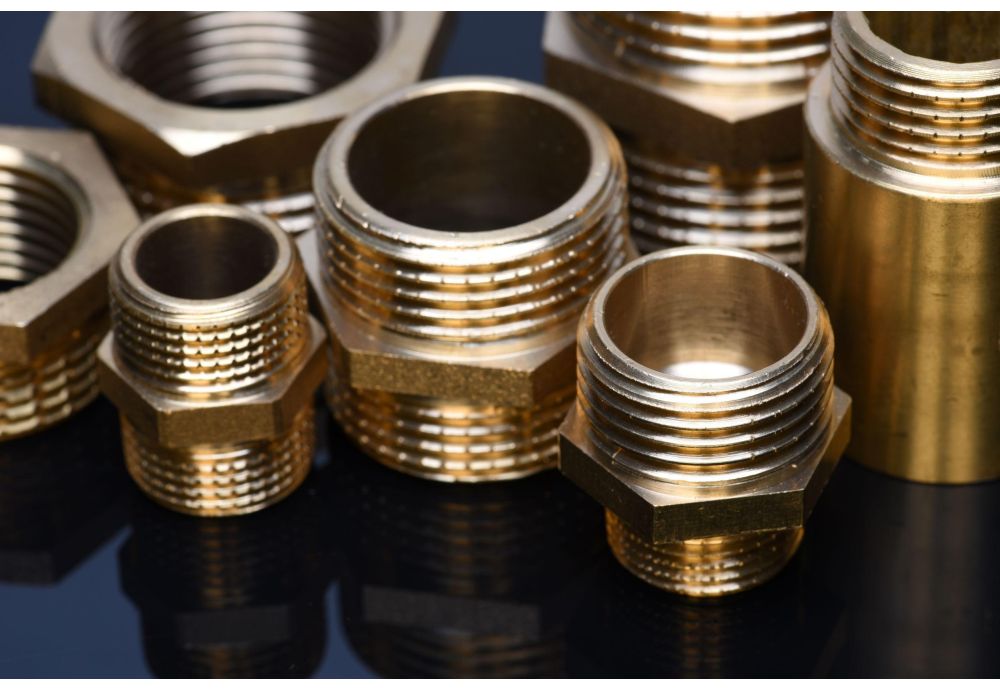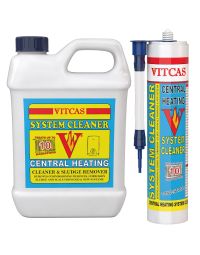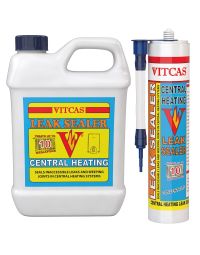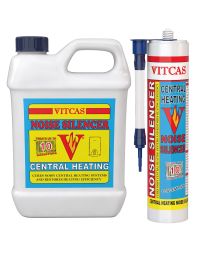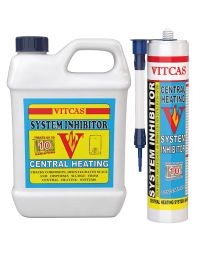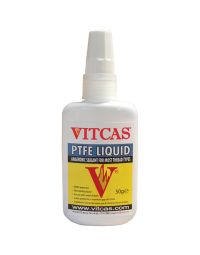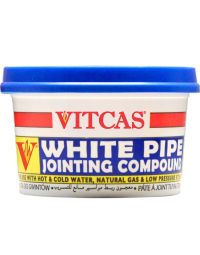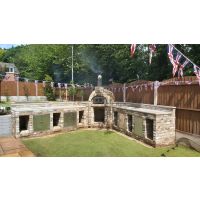Without a boiler, you have no hot water or may have to make peace with a cold house. If your boiler is leaking water, you need to fix it immediately to prevent further problems.
In most cases, a valve or a seal must have developed a fault, but nevertheless, you need to solve it or it will cause other parts to rust and can even damage your boiler's electrical components.
A simple boiler repair is something you can do yourself; however in more severe cases, it is appropriate to call a heating engineer. Regardless, a leaking boiler must be attended to.
This article details ways in which to prevent or tend to a boiler leaking water. For leaks associated with other substances (e.g. gas, oil), a professional must be called such as a gas engineer.
Types of boilers:
Direct boilers
A direct boiler heats cold water first and then that heated water is stored in the tank for later use. However, the disadvantage of a direct boiler is that if the stored water is not used later, then it goes to waste. Also, the direct boiler is not automatic- you have to heat water in advance, unlike with an indirect boiler which works automatically.
A direct boiler has only one heat exchanger (the primary one). One channel in the heat exchanger is for the central heating and the other for the hot water. The pump on the boiler only runs when the heating is on. When a hot tap is running, the pump ceases to run and the mains water supply running through the boiler on its way to the tap is heated up. Therefore, the primary exchanger switches between the two functions accordingly.
Indirect boilers
Indirect boilers are more efficient (and hence more environmentally sustainable) than direct boilers because they only heat the water which will be used. An indirect boiler has two heat exchangers, one being the primary or gas-to-water exchanger, which generates heat for both the heating and hot water.
The other one is generally a plate to plate (or water-to-water) exchanger. To heat the water, the heat circulates between the primary exchanger and the plate to plate exchanger and finally, the heat transfers to the main water supply. This is how you get warm water from the tap.
Combination boilers
Combination boilers, or so-called combi boilers, are generally gas boilers (though they can be oil boilers too) and they are always indirect boilers. They are called combination because they provide both heating to radiators and water heating. Unlike wood fired and electrical boilers which heat water in the tank, combination gas boilers are more automatic in their use.
Leak In Boiler: What Types Are There?
Boilers transfer heated water through pipes to heat your home and provide warm tap water. However, prolonged use could result in leaks.
Here are some types of leaks you may experience:
Water Leaks
A boiler leaking water is perhaps the most common. In boiler units (the containers that hold hot water, also known as hot water cylinders), a leak can occur due to structural issues. Metals like steel and stainless steel make up most boilers, which are waterproof but susceptible to corrosion and cracking over time.
Boilers are particularly vulnerable to leaks at their welded seams. Also, outdoor wood boilers may leak water from their transfer pipes.
Gas leaks
A gas leak may occur if you have a gas boiler with faulty installations. In such a case, you must call a gas safe registered engineer as a gas leak can be dangerous. A gas leak emits carbon monoxide which is highly harmful to the health of all the inhabitants of the household. As a safety precaution, you should install a carbon monoxide detector to detect dangerously high levels of gas in the air. When the levels are no longer safe, you must call in a gas safe registered engineer or in the worst case, gas emergency services.
Oil leaks
If you have a boiler with an oil tank, you must be vigilant because a boiler leaking oil can be extremely unsafe as it can even produce a fire if the oil comes into contact with naked flames. As soon as you spot oil stains outside your boiler, call a professional immediately.
Creosote Leaks
A wood boiler's combustion chamber can produce creosote, a dark brown oil with a foul smell, due to the condensation of gases from burning wood. Creosote leaks often relate to problems with the combustion chamber doors (similarly to heat leaks).
However, leaks typically occur because a door is not airtight rather than because of poor insulation. Since creosote is highly flammable, a creosote leak can be dangerous.
Heat Leaks
A leak in the combustion chamber of an outdoor wood boiler results in a lower efficiency- the boiler must burn more wood to generate the heat you need. In general, outdoor wood boilers have 60 to 70% efficiency ratings when burning cordwood.
However, heat leaks can cause this rating to drop sharply. One of the major causes of heat leaking from wood boilers is a poorly insulated and sealed combustion chamber door.
Why Is My Boiler Leaking?
There are several reasons your boiler could be leaking. Depending on the severity, you can fix it yourself or you may need to call in a professional.
Wear and tear
With time, boilers can wear out just like anything else. It may be time to consider installing a new boiler if yours is older than 10 years.
By doing this, not only will there be fewer leaks, but your home will also be more energy efficient, which will result in lower energy prices.
Faulty Installation
It is possible that some of the joints in the pipework were not fitted properly if water is leaking from the pipes under the boiler. The problem is most likely with the pipe fittings, particularly if you just had a new boiler installed.
This is not a cause for alarm, small leaks are quite common with new boiler installations. All you need to do is contact your boiler installer to fix the leaks and correct the pipework.
Loose joints
Over time, joints and pipe connections loosen due to water's repeated expansion and contraction as it is heated and cooled. In order to prevent water from escaping, the joints must be tightened using Pipe Jointing Compounds.
Broken seals In Central Heating System
The inevitable result of a damaged or broken seal is water escaping, which ultimately leads to a leaking boiler. When your boiler becomes corroded over time, your seals can also get damaged since they are fitted on or around parts and joints.
After this happens, water can leak rapidly through the seal in the system. It is possible that impaired seals are responsible for your boiler leaking water. Adding sealant to prevent boiler leaking water may work, but in an extreme case, you will need a heating engineer to examine the boiler, as it may need to be replaced.
If you are going to use a boiler leak sealant for a boiler leaking water, ensure that you use a powerful one as a weak sealant can only end up making the situation worse.Vitcas Central Heating Leak Sealer effectively seals inaccessible leaks and weeping joints in heating systems.
Temperature
If there is a temperature leak, you need to be extra careful as it can let scaling hot water come out of your taps. The temperature control valve (TCV) in your boiler monitors the water temperature and prevents it from getting too hot.
If the TVC cannot regulate the temperature, the temperature valve may leak. This is usually due to a problem with temperature sensors.
High boiler pressure
The pressure gauge on the front of your boiler tells you about your boiler pressure. You must check the pressure release valve regularly and add or remove water as necessary, depending on whether there is too much pressure or not enough.
If there is leaking, you should examine the pressure gauge and ensure that there is not excess pressure. In this case, the pressure relief valve is likely trying to let go of some of the water contained in the system to reduce the pressure to a comfortable level.
The needle on the valve must be between 1-1.5, which is usually indicated as a green zone on the gauge. If the needle is in the red zone, you must bleed the radiators to release extra water.
Corrosion in your system
If you have an old boiler, it may experience corrosion, which can build up rust and other debris within the pipework and radiators. As the water moves around the boiler system, debris may be picked up and returned to the boiler.
Corrosion may damage the rubber seals around the two pipe’s joints, resulting in a boiler leaking water. If corrosion is present in a single component, that can be replaced; but if the corrosion is severe, you will need to replace the whole boiler and central heating system. For this, hire an engineer and seek their advice.
If your boiler system is old, the best option is to replace it with a new one. This will ensure that the heating is efficient year-round.
Is A Leaking Boiler Dangerous?
If a boiler is leaking gas, contact a gas safe engineer immediately. The same caution should be applied for oil leaks.
In contrast to a boiler leaking gas or leaking oil, a boiler which has water leaking from it does not endanger your wellbeing, so you should not consider it dangerous.
However, it can be very expensive if you do not deal with boiler leaks in a timely manner. This is why you should to fix the boiler leakage as soon as possible.
If your boiler is leaking water, it can cause damage to your whole boiler system, cause rusting and negatively affect your entire house. If your boiler is leaking, you must not use it until you get it replaced or repaired as the leaks can spill into other electrical components, which can, in turn lead to short-circuiting.
The leaking water can also spread to other parts of your home and damage your floors or furniture and you may end up having to break the bank to replace your boiler or for the damages incurred.
Therefore, it is not advisable to use your leaky boiler. If you find a leak or notice that the boiler pressure has come down significantly in a short period of time, you need to switch off the boiler’s water supply.
After that, you can fix it if the problem is minor, but in severe cases, call boiler engineers.
New boilers do not leak unless they were installed incorrectly or you bought a faulty one. In most cases, a leaking boiler is an indication that something is wrong. You may have to look for a complete replacement. However, you can use this as an opportunity to review your home and you can consider investing in a more affordable boiler that is more in tune with your home’s needs.
What Can I Do To Stop My Boiler Leaking Water?
Once you find out why your boiler is leaking water, you need to find a solution. Do not fret, we have enlisted various solutions which do not involve leaving a bucket underneath.
Firstly, examine the pressure gauge and ensure that the pressure is not too high. You can consider bleeding some of your radiators to release some of the water. In most cases, this will help solve the problem.
Next, you must inspect if water is leaking from pipe fittings or joints. For this, you can dab the surface dry and wait to check if the water leaks again. If it does, use a spanner and turn the connector by about a quarter turn to check if tightening stops the leakage.
Corrosion can also cause seals to wear and tear, which can, in turn, let water leak. If this is the case, you will require an engineer to examine your seals and either repair or replace them. If it is only the seal that has come loose, you will only need to tighten it.
If the leak still persists, you will need to hire a professional to review it and figure out what is wrong. If you ever feel like it is out of your league to fix a leaking boiler, you must always call in the professionals, as doing it yourself could worsen the problem or even permanently damage your boiler.
Regardless of what type of boiler you have, it is natural for your boiler to encounter some problems after a prolonged period of usage.
However, there are precautions you can take to guarantee the longevity of your boiler and prevent it from leaking.
These include:
Magnetic Boiler Filter
A new boiler should have magnets installed to gather any metallic debris from the heating system. Using this filter will extend the boiler’s longevity by preventing blockages caused by debris build-up in your heating system. This also increases your boiler's efficiency by lowering the risk of a boiler leak.
Chemical Flushes
Chemical flushes thoroughly cleanse the boiler and heating system, preventing the accumulation of anything that would prevent the boiler from working efficiently. You must consider a chemical flush, keeping in mind that the heating system is the most expensive component of your boiler.
Annual Servicing
Most warranties require you to have your boiler serviced at least annually, which will allow professionals to properly examine and catch minor issues before they evolve into e.g. corroded pipes, boiler components or a corroded heat exchanger.
A faulty heat exchanger can be identified by its leaking, kettling or knocking. A heat exchanger develops these symptoms as a result of limescale build-up.
Using a System Inhibitor for Annual Servicing
A system inhibitor helps to safeguard the system against the formation of sludge, limescale or corrosion by keeping the pH of the boiler water at neutral levels. Using an inhibitor protects the metal components within the boiler including the heat exchanger.
Aside from annual servicing, you can use our Boiler Noise Silencer to reduce the knocking and kettling.
Do I Need A New Boiler If It Starts Leaking?
When you have a leaking boiler, you do not need to immediately replace your old boiler with a new one. Boiler leaks can be easily and quickly fixed in modern boilers. Additionally, if the boiler is under warranty, a boiler repair will come at no cost to you.
If you are under warranty and your boiler is completely damaged, you can still most likely get a new one free of charge from the manufacturer. Most warranties and guarantees cover the components and labour costs too.
However, warranty terms vary from manufacturer to manufacturer, so make sure that you purchase one with maximum benefits.
Will A Leaking Boiler Lead To Low Pressure?
Any boiler leak in your central heating system will result in low boiler pressure. Boilers with low pressure cannot generate heat efficiently, so getting a leak fixed is crucial.
Why has my boiler stopped leaking suddenly?
Most likely, you have turned off the central heating, which decreases the boiler's pressure within the system and stops the leak. Water can enter your boiler through an improperly fitted flue if the area recently experienced excessive rainfall. An engineer can fit the flue properly inside the boiler pipework, if this is the case.
Conclusion
A boiler is an essential part of your home and you need to ensure its proper maintenance. With the help of these tips, we hope you find the reason for water leaking from your boiler, so you can administer the right solution.
It is best to fix a leaking boiler imminently to prevent it from snowballing into something more serious. If left unattended, it can become irreparable and you will have to purchase a new boiler.
If DIY repairs are not your forte, a heating engineer, gas safe engineer or other professional can be consulted.
In the event of an oil or gas leak, you must call a gas safe engineer as soon as possible.
Check out our full central heating range in our shop.












